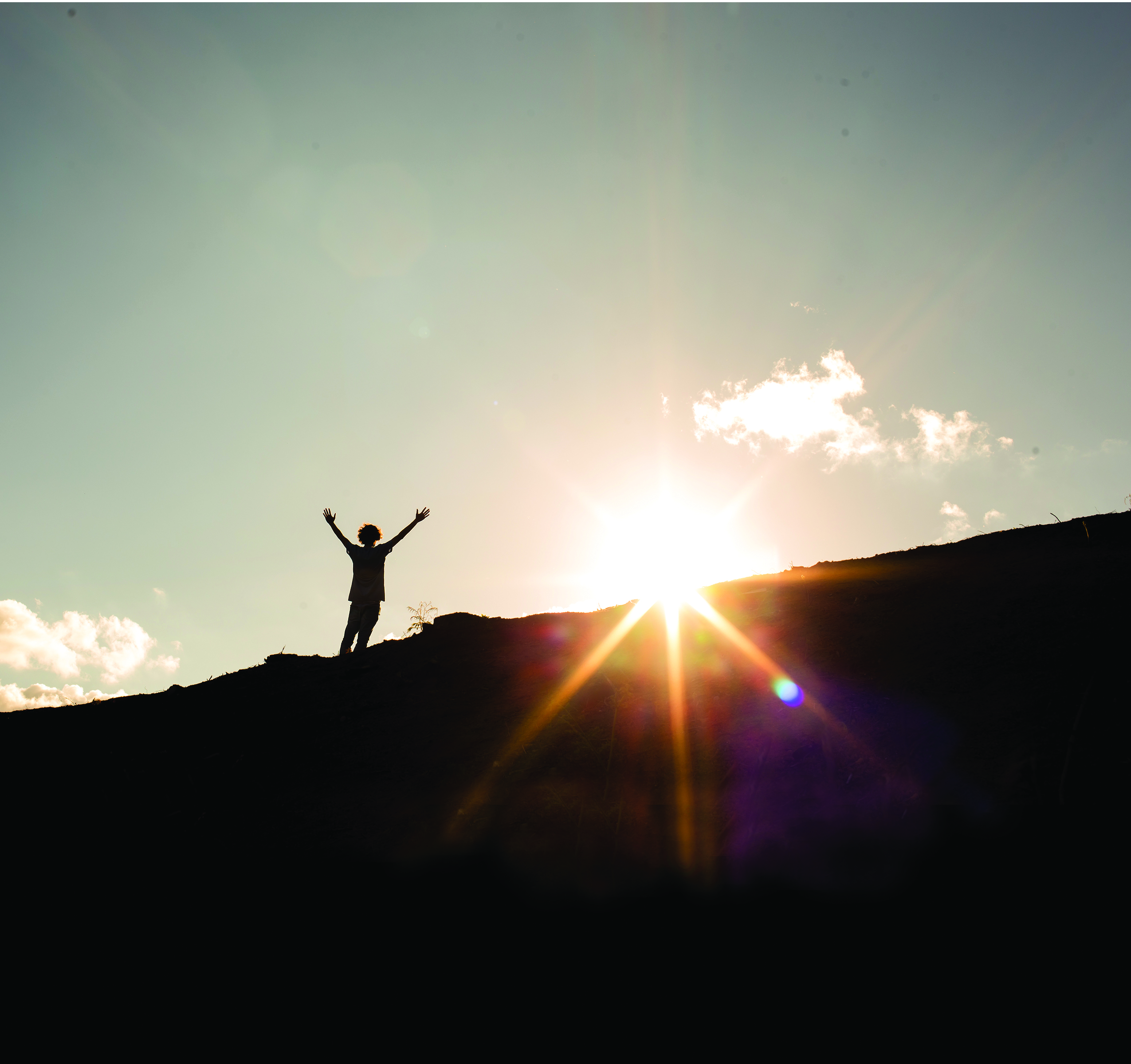
By Rev. Walt H. Windley, Chaplain Preceptor, VIA Health Partners
In the season 4 finale of the award-winning show Seinfeld, Jerry points out a great irony of fear, stating that “according to most studies, people’s number one fear is public speaking. Number two is death. Death is number two. Does that sound right? This means to the average person, if you go to a funeral, you’re better off in the casket than doing the eulogy.” While this show often provided some comic relief (and genius) around otherwise heavy and very “human” issues, I think it serves us well to consider the truth buried behind the classic banter and slapstick humor.
After 12 years of walking into sacred spaces and standing on something of holy ground with families struggling to say goodbye under hospice care, I have come to accept a few truths about the fear of dying.
- First, the fear of death is common, though it most certainly varies in levels of degree and acuity, often based on past experiences, openness to conversation around feelings, and stage of maturity in life. The 2017 Survey of American Fears found that 20.3% of Americans were “afraid” or “very afraid” of dying.
- Second, because of our lack of understanding and acceptance of fear as a part of our preparatory grief process, we turn into guilt and self-doubt related to our own emotional and spiritual health, believing we have failed or “messed up” while surrendering the very grace offered to ourselves. Many times, patients will hesitantly start a conversation around fears and anxious thoughts by stating “what’s wrong with me” or “I thought my faith was stronger than this!” I believe culturally we have created a dangerous dichotomy where grace and fear are not always allowed to co-exist.
I often tell my patients to picture grace in one hand and fear in the other. Both are powerful, rooted in experience and history, and a part of the human condition as we consider what gives us meaning and purpose. Feeling fear doesn’t mean grace is forgotten and offering grace doesn’t mean the absence of all fear. Instead, it gives a range of space and volume to which we can attune our attention, allowing us to be cautious in all the right and healthy ways while offering forgiveness to one’s self when we don’t always get it right.
So, what is it that we fear about death? Again, the range of fear is varied and diverse, but often we fall into two categories. First, how will I die and will it hurt? We want to know if we will struggle, if our symptoms will be managed and how long it might take. Second, we have a fear of leaving our families behind. How will they manage? Are they prepared?
I want to suggest that a possible method of coping with our fear of death is something we have developed throughout our lifetime. When I was a kid, it was the fear of monsters hiding underneath my bed. My parents took the time to help me look under the bed, in the closet and even behind the old curtains, dispelling the unknown with what I could see and touch. They knew that knowledge brought understanding. How are we doing with our knowledge about death? Are we learning, preaching, teaching, reading and conversing around what we don’t know? Or, are we allowing death to remain like the wizard behind the curtain, the great unknown that is more shaped by perception instead of truth.
In my teenage years, I remember visiting Carowinds and being afraid of riding Drop Zone. Something about that massive drop, especially when looking up from the base of the ride, left me utterly shaken. But when friends were willing to get on the ride with me, I felt a sense of confidence that I didn’t know I had. Who is on this ride beside us? Are we paying attention to those who will scream, cry, laugh and share with us? Are we open to being served?
As an adult, I often have a fear about things going as planned. Did I strategize for the project appropriately? Will everyone show up? What will people think? But at the end of the day, I can only be responsible for how I respond, not for what anyone else does. Wisdom is about knowing what one can and cannot control. There are a lot of things about death we can’t control, but we can make our wishes known. We can educate our families about our goals, desires and what we want at the end of life. We can remove the burden of guesswork, choosing to love them well by being prepared.
These simple things don’t just make the fear disappear, but they do allow us to live, to take a step forward, to encounter grace. And that, my friends, is a gift!



